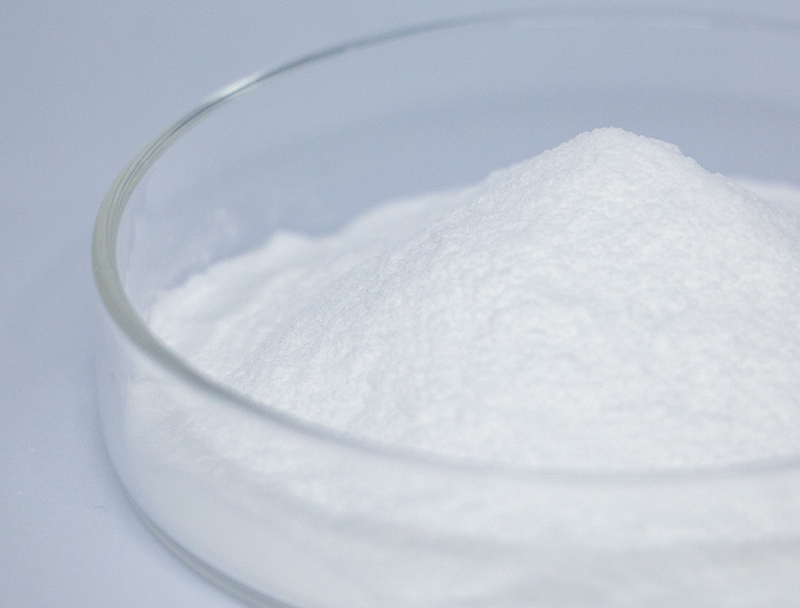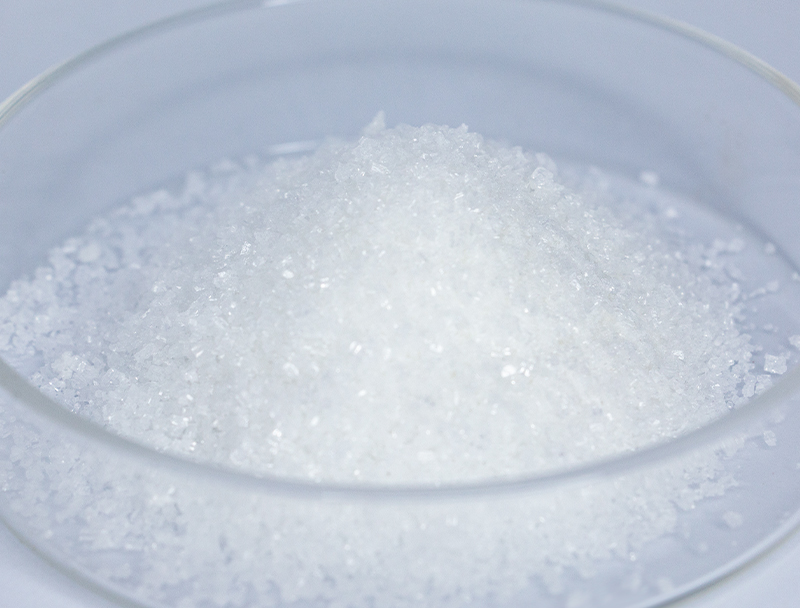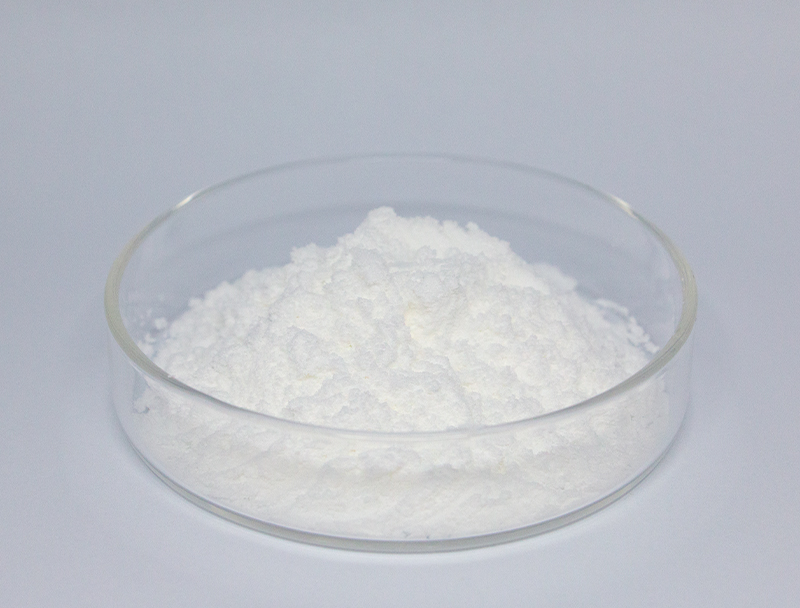
Modern biofabrication is grounded in an extensive collection of input materials to create novel bio-derived items.
Ensuring continuous ethical sourcing of resources is vital for future-proofing and moral progress in biomanufacturing.
diverse obstacles inherent in legacy sourcing approaches for instance pollution and systematic depletion of reserves. Thus, organizations must explore circular sourcing options to lessen environmental harm.
- Instances of green procurement approaches are:
- Using repurposed agricultural residues as substrates
- Installing reclamation workflows to diminish waste and heighten recovery
- Building relationships with nearby vendors dedicated to moral sourcing
Embracing sustainable procurement produces environmental benefits with profitable potential.
Refining Biomass Sources to Enhance Fuel Conversion
Optimizing biofuel yields depends strongly on feedstock quality and makeup. Researchers repeatedly investigate innovative methods to enhance feedstock potential, facilitating elevated yields and a renewable energy transition. Programs combine genetic improvement for biomass productivity with conversion technologies to access fermentable substrates.
- In addition, projects pursue feedstocks like algae, waste fractions, and harvested residues to enlarge the selection of eco-friendly biomass for bioenergy.
- By means of ongoing innovation the biofuel sector can achieve substantial advances soon, shaping a cleaner energy future.

Next-Generation Upstream Methods in Biopharmaceuticals
involves foundational activities from cultivation to biomass harvest Modern progress within the sector has contributed to more efficient processes and higher production.
Meaningful breakthroughs include engineered cell strains, enhanced culture formulations, and modular reactor designs. These innovations not only enhance productivity but also minimize production costs and environmental impact.
- Also, evolving practices favor continuous flow processing which supports more agile upstream control.
- The adoption of higher-tech manufacturing practices will likely disrupt traditional models and speed therapeutic launches.

CRISPR and Beyond: Improving Biopharma Production
refinements in gene-targeting technologies have advanced protein production workflows. By precisely targeting genes within host organisms, researchers can enhance the yield of valuable therapeutic proteins. This capability can unlock development of cost-efficient, high-performance biologics for many conditions.
Using Microbial Systems for Site-Specific Remediation
progressive microbe-based cleanup tactics that mitigate industrial pollution. Various microbial strains are capable of breaking down toxins into safer constituents.. Applying microbial remediation systems creates low-impact cleanup options that address contamination efficiently.. Researchers screen diverse microbial taxa for metabolic pathways suited to remove heavy metals, pesticide residues, and hydrocarbon contamination.. Microbial cultures can function in contained bioreactors or be deployed onsite to facilitate biodegradative remediation..
Biological remediation using microbes yields meaningful benefits compared to conventional strategies. This method provides a low-cost, low-waste alternative to conventional remediation. Furthermore, microbial solutions are highly specific, allowing for the remediation of particular pollutants without disrupting the broader ecosystem. The domain advances quickly, concentrating on raising reliability and performance of microbial cleanup methods.
Bioinformatics Tools Transforming Drug R&D
Digital bioinformatics methods are central to evolving therapeutic discovery processes. By screening targets and refining candidate molecules, informatics drives faster, evidence-based development.
- By parsing huge omics and clinical databases, bioinformaticians detect targets and estimate therapeutic responses.
- Additionally, simulation tools enable prediction of binding and activity, guiding creation of more potent drugs.
- In conclusion, computational biology reshapes discovery pipelines and speeds delivery of reliable treatments for patients.
Fine-Tuning Metabolism to Maximize Bioproduct Synthesis
applies assorted techniques to boost microbial synthesis of valuable compounds. Options include metabolic rerouting via gene edits, expression tuning through regulatory control, and incorporation of foreign enzymes to expand function.. Via targeted metabolic optimization researchers can meaningfully escalate production of desired biochemicals.
This comprehensive strategy could transform numerous sectors such as pharmaceuticals, farming, and renewable energy.

Scale-Up Challenges and Prospects for Biopharmaceuticals
Expanding production volumes poses difficult barriers yet offers substantial opportunities. Keeping consistent product performance at elevated volumes is a significant challenge. Overcoming this requires advanced process control, continuous monitoring, and sensitive analytical platforms.

Also challenging is the layered complexity of biomanufacturing encompassing numerous sequential steps.. Converting small-scale procedures to plant-scale operations necessitates extensive innovation and optimization.. Yet, the returns can be substantial. Achieved scale can widen availability of treatments, lower manufacturing costs, and boost financial returns.
A range of strategies is being implemented to address scaling problems. Efforts include process-digitization tools, integrated analytics for monitoring, and fresh manufacturing paradigms.
- Innovation programs are essential to expand production competencies.
- Oversight institutions are updating guidelines to ease approval of manufacturing advances and catalyze innovation.
Aligning Biomanufacturing with Regulatory Standards for Patient Safety
Producing biopharmaceuticals demands comprehensive oversight to guarantee safety and clinical effectiveness. Products of biological origin introduce specific challenges that differ from standard drug development.
Institutions such as the U.S. FDA and European EMA lead in formulating regulations and 4-Aminobutyric acid benchmarks for biologic approvals..
Rigorous testing protocols are mandatory throughout the development lifecycle, from pre-clinical research to post-market surveillance.. The measures work to spot potential hazards and validate that therapies reach demanding safety levels..
Furthermore, regulatory bodies are constantly evolving their approaches to keep pace with the rapid advancements in biopharmaceutical research.. Efforts comprise integrating cutting-edge tools and easing development pathways while upholding patient safety.

Evaluating Plant Biomass for Bioplastic Production
The rising demand for eco-friendly materials fuels R&D on bio-based alternatives. Among these, bioplastics, produced from plant-derived biomass feedstocks, offer a promising avenue towards a greener future. Sources like cornstarch, cellulose fibers, and sugarcane biomass can transform into compostable plastics that decompose and reduce pollution.
In addition, certain bioplastics match performance of petroplastics, enabling broad applicability in multiple sectors.. Continued research and innovation in this field are crucial to unlocking the full potential of plant-based biomass feedstocks in the manufacture of sustainable bioplastics, paving the way for a circular economy.
Biotech Contributions to Global Health and Crop Productivity
Biotechnology offers potent solutions for advancing public health and enhancing food security. Through advancements in genetic engineering, synthetic biology, and cell therapies, biotechnologists are developing innovative solutions to combat infectious diseases, improve crop yields, and enhance nutritional value.. As an example, crop genetic improvements for pest and stress resistance help boost production and cut dependence on chemical pesticides.. Concurrently, biotechnology drives development of immunotherapies, antibiotics, and diagnostics that play a key role in controlling diseases and improving health metrics. Looking forward, continued biotech progress promises to deliver therapies and agricultural solutions that support health and sustainability worldwide.
